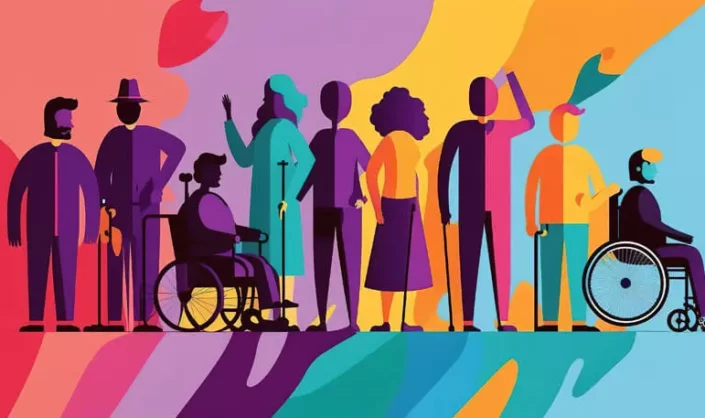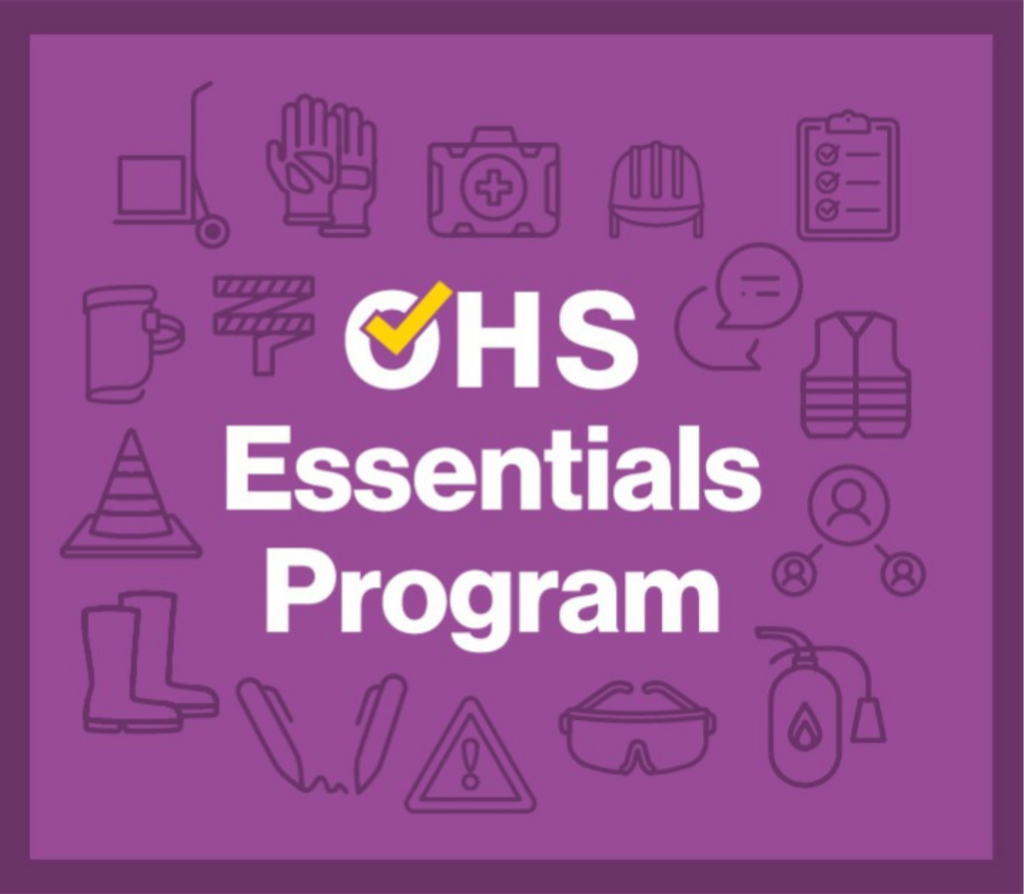It all started with the Disability Standards for Education 2005. The Department of Education, Skills and Employment undertook a review of this standard throughout 2020.
This review process involved “consultation with national peak disability and education bodies” through various approaches, including webinars, focus groups, and questionnaires. “The Review [also] met with key national agencies, regulators, and sector representatives, and was guided by a reference group of state and territory officials across all education sectors.” The report has made 13 recommendations.
The 13 recommendations “reflect 4 reform directions:
- empowering and supporting students with disability and their families
- strengthening the knowledge and capability of educators and providers
- embedding accountability for the Standards throughout the education system
- building awareness and capability in the early childhood education and care [ECEC] sector.”
These reform directions are addressed individually below.
What was found
The Review identified 2 areas within the Standards that require amendment to support “the effectiveness of the Standards in achieving their objects”; first, clarification of expectations for consultation, issues resolution and complaints handing processes, and second, inclusion of early childhood education and care (ECEC) within the Standards. However, most findings relate to awareness, understanding and implementation of the Standards.”
Three of the reform directions in more detail
First: empowering and supporting students with disability and their families
The Review heard that “as students with disability and their parents and carers seek to find their way through the education system, the onus rests on them to understand the system and advocate for reasonable adjustments rather than this being proactively offered by education providers.”
“Additionally, the power imbalance between the education provider and the student, parents and carers made people reluctant to raise issues for fear of negative consequences.”
The Review proposes that this will be addressed by “improved navigation of the education system for students with disability and their families by proposing accessible information products…”
Second: strengthening the knowledge and capability of educators and providers
The Review heard that many educators are unaware of their obligations under the Standards or lack the resources to implement them, and those who are aware struggle to find guidance and clarification on how to implement them.” Therefore:
The review recommendations “seek to strengthen information, resources and training for educators and education providers.”
Third: embedding accountability for the Standards throughout the education system
The Review “heard that accountability for the implementation of the Standards is lacking and does not drive changes to the education system. Participants felt that the current complaints-based mechanism used for compliance under the DDA [Disability Discrimination Act 1992] has the effect of redressing individual situations but does not readily support or drive systemic change.” Thus, the “review recommendations seek national alignment of education policies and regulations to the Standards.”
It also “recommends states and territories commission development of nationally consistent principles and practices on collection and public reporting of data on school students with disability [And] it further recommends education authorities publish accessible and user-friendly information for parents on their websites about the services and supports their schools provide for students with disability.”
Building awareness and capability in the early childhood education and care [ECEC] sector
Finally, “the Review heard strong support for ensuring national alignment of ECEC policies and regulations to the DDA. This body of work would set a strong foundation of awareness and capability ahead of proposed consultations in 2023 on draft amendments to the Standards in relation to the ECEC sector.
COVID 19 did not help anyone, but in terms of disability, the consequences were most significant for those of Aboriginal and Torres strait Islander background.
Implementation
The report notes that a joint effort will be required to implement the Review recommendations. Thus:
- The Australian Government will also work closely with educators and state and territory education authorities in developing approaches to implementation of recommendations.
- Consultation and co-design with people with disability, including Aboriginal and Torres Strait Islander people with disability, will inform implementation of the Review recommendations.
- Educators, education authorities and education providers will also be consulted on how best to implement the recommendations.
Available resources
The website related to the 2020 review contains a number of resources. These include: the final report itself, a summary report, discussion papers, video presentations, webinars and access to earlier reviews from 2010 and 2015.








